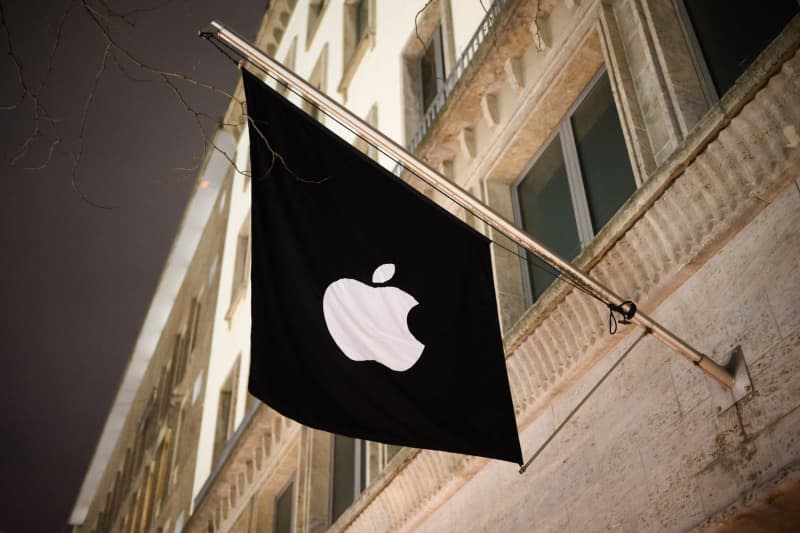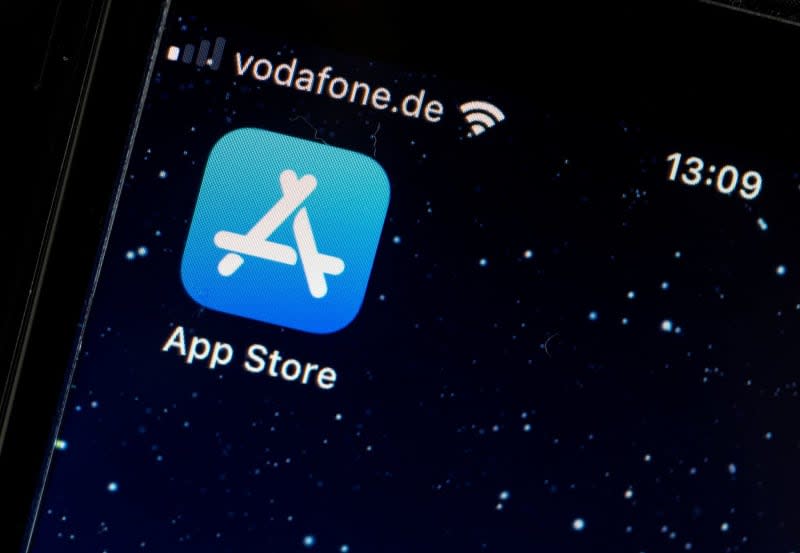Apple refuses to let 'Fortnite' maker Epic Games relaunch in Europe

In a setback to the makers of the online game "Fortnite", Apple has blocked the efforts of company Epic Games to bring its cult battle royale game back to the iPhone in the EU.
Apple said on Wednesday that following previous breaches of the rules by developer Epic Games, its right to kick them off the platform had been confirmed in court.
With the implementation of the Digital Markets Act (DMA) in the EU on Thursday, Apple has had to allow apps from sources other than its own App Store to be downloaded onto the iPhone for the first time.
Epic had planned to use this new law aimed at promoting fair competition to bring "Fortnite" - banned from the App Store since August 2020 following a breach of the company rules - back to the iPhone, at least in the European Union.
Epic announced the latest development in a blog post on Wednesday, according to which, Apple had already blocked a Swedish developer account set up by Epic Games a few weeks earlier on March 2.
"History shows," reads a letter from Apple's lawyers posted by Epic Games, "that Epic is verifiably untrustworthy."
The long dispute was triggered by an attempt by Epic to use a trick to circumvent the 15 or 30% fee that Apple withholds from transactions in its App Store.
In 2020, a version of the application with hidden software code was slipped past the company's app reviewers, allowing users to purchase virtual items without paying Apple's fees. Apple kicked "Fortnite" out of the App Store because of this violation of its rules. Epic took the matter to court in the US, but lost in all instances.
Epic described the banning of the Swedish developer account as retaliation for company boss Tim Sweeney's harsh criticism of Apple's implementation of the DMA requirements.
He condemned Apple's planned limitations on rival app stores and accused the company of trying to stifle competition. Sweeney went even further on Wednesday and wrote on social media platform X that Apple was trying to intimidate app developers.
"Apple is doing everything they can to sow fear so that, even if they’re forced to end this blockade, every developer will know Apple can crush any of us on a whim, and therefore that competition is futile," Sweeney wrote.
Under the new terms and conditions, Apple is introducing a fee of 50 cents for each additional initial installation after one million downloads of an app in a twelve-month period.
However, developers can also remain in the old model and only distribute their apps via Apple's App Store. However, if they switch to the new system, there is no way back to the previous conditions.
Apple is meanwhile telling users that installing apps from outside its own App Store is a security risk.
The music streaming market leader Spotify accuses Apple of not wanting to make distribution via other marketplaces economically viable for app developers with the DMA implementation.
Apple has been named by the European Commission as one of the six "gatekeepers" subject to stricter competition rules under the DMA. The Commission will also decide whether a gatekeeper fulfils its obligations by implementing the DMA.


